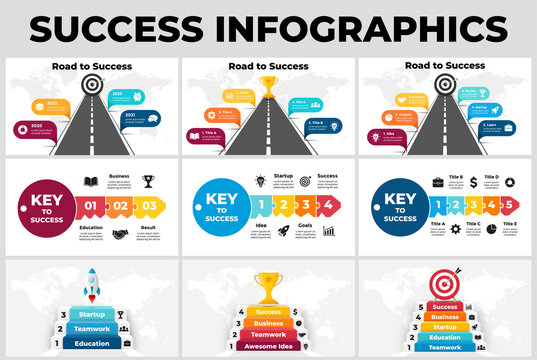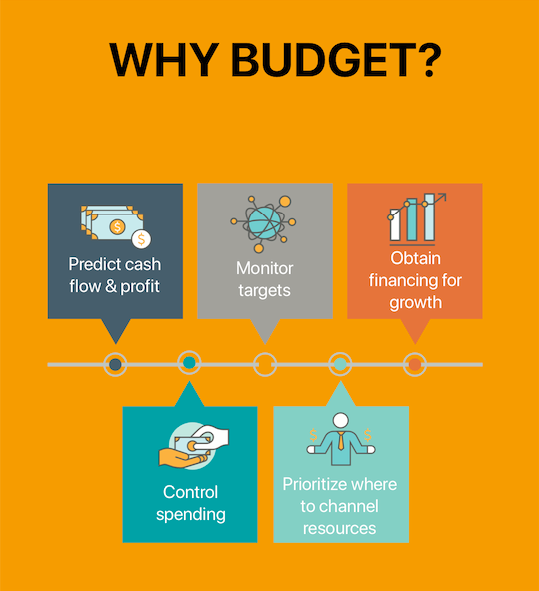
The Road to Profit: How to Drive Your Business to Success
June 16, 2024Discover the secret strategies for driving your business to success and maximizing profits on the road to financial freedom.

Image courtesy of Mike Bird via Pexels
Table of Contents
Running a successful business involves more than just making sales and generating revenue. It requires careful financial planning and management to ensure long-term sustainability and growth. As a business owner, understanding personal finance is crucial because your personal financial health can impact the financial stability of your business. In this blog, we will explore essential tips for business owners to navigate the world of personal finance confidently.
Setting Financial Goals
Setting clear financial goals is the first step towards financial success. As a business owner, it’s essential to have both short-term and long-term financial objectives for yourself and your business. These goals will serve as a roadmap to guide your financial decisions and keep you focused on achieving financial stability.
When setting financial goals, make sure they are specific, measurable, achievable, relevant, and time-bound (SMART). For example, a short-term goal could be to increase your personal savings by a certain percentage within the next six months, while a long-term goal could be to expand your business and increase profitability over the next three years.
Budgeting for Success
Budgeting is a fundamental financial tool that can help you track your income and expenses, identify areas where you can save money, and plan for future financial needs. As a business owner, creating a budget for both your personal and business finances is essential for financial stability.
Start by listing all your sources of income and categorizing your expenses. Make sure to differentiate between essential expenses, such as rent and utilities, and discretionary expenses, such as dining out and entertainment. By creating a budget, you can prioritize your spending, avoid overspending, and make informed financial decisions.
Managing Debt Wisely
Debt can be a double-edged sword for business owners. While it can provide the necessary funds to start or grow a business, excessive debt can lead to financial stress and instability. It’s crucial to manage debt wisely to ensure that it doesn’t become a burden on your personal and business finances.

Image courtesy of stock.adobe.com via Google Images
Start by identifying all your outstanding debts, including loans, credit card balances, and other liabilities. Develop a debt repayment plan that prioritizes high-interest debt and focuses on paying off debts systematically. Consider consolidating high-interest debts or negotiating with creditors to lower interest rates and monthly payments.
Investing for the Future
Investing is a key strategy for building wealth and securing your financial future. As a business owner, you have various investment options available, such as stocks, bonds, real estate, and retirement accounts. Diversifying your investments can help spread risk and maximize returns over time.
Before making any investment decisions, make sure to do thorough research and consider your risk tolerance and investment goals. Consult with a financial advisor to develop an investment strategy that aligns with your financial objectives and time horizon. Remember that investing is a long-term commitment, and it’s essential to stay informed and regularly review your investment portfolio.
Protecting Your Assets
Protecting your personal and business assets is essential to safeguarding your financial well-being. Insurance is a critical risk-management tool that can help protect your assets against unforeseen events, such as natural disasters, accidents, or lawsuits.

Image courtesy of synoptixsoftware.com via Google Images
Consider purchasing insurance policies, such as property insurance, liability insurance, and business interruption insurance, to mitigate potential risks to your business. Review your insurance coverage regularly to ensure that it is adequate and up to date. Additionally, implement security measures, such as cybersecurity protocols and disaster recovery plans, to protect your business assets from external threats.
Conclusion
Managing personal finance as a business owner is a balancing act that requires discipline, planning, and informed decision-making. By setting financial goals, creating a budget, managing debt wisely, investing for the future, and protecting your assets, you can drive your business to success and achieve long-term financial stability. Remember that seeking professional advice from financial experts can provide valuable insights and guidance to help you make sound financial decisions for yourself and your business.









